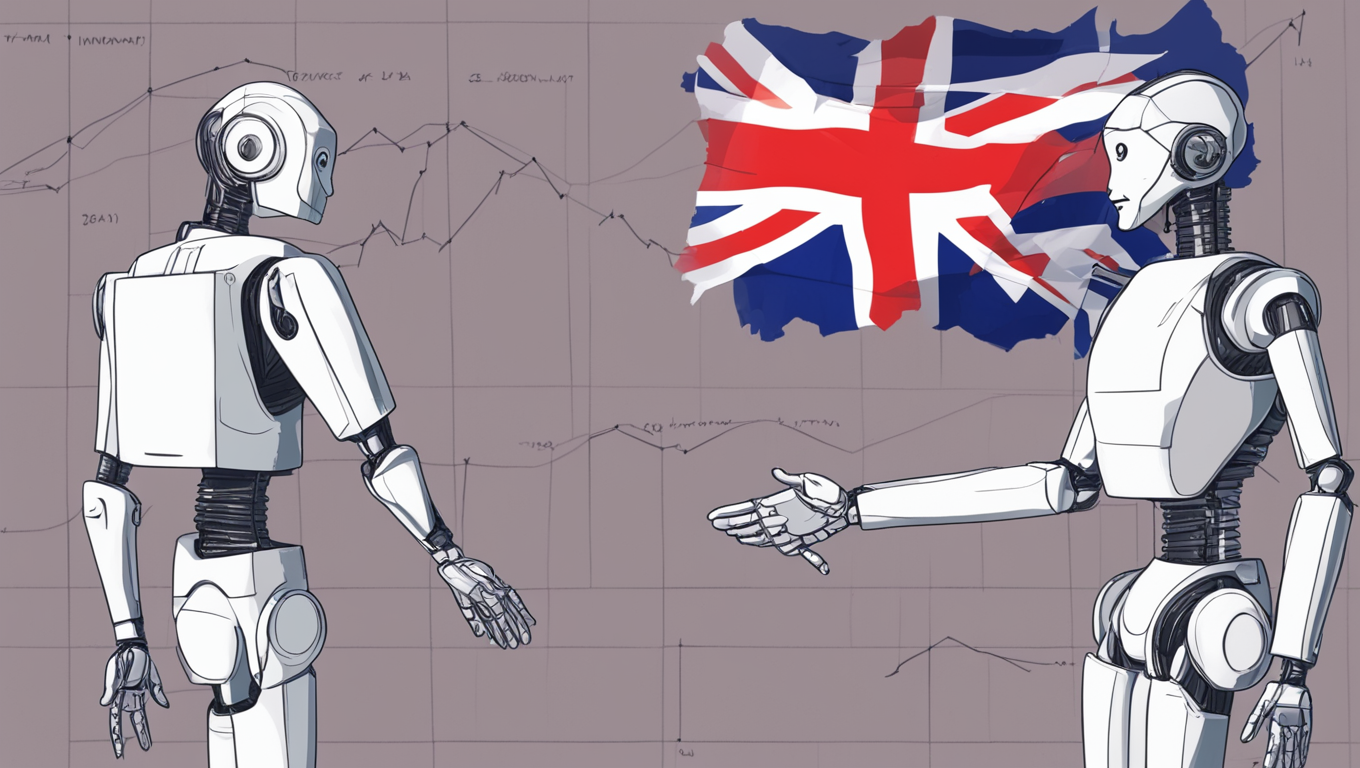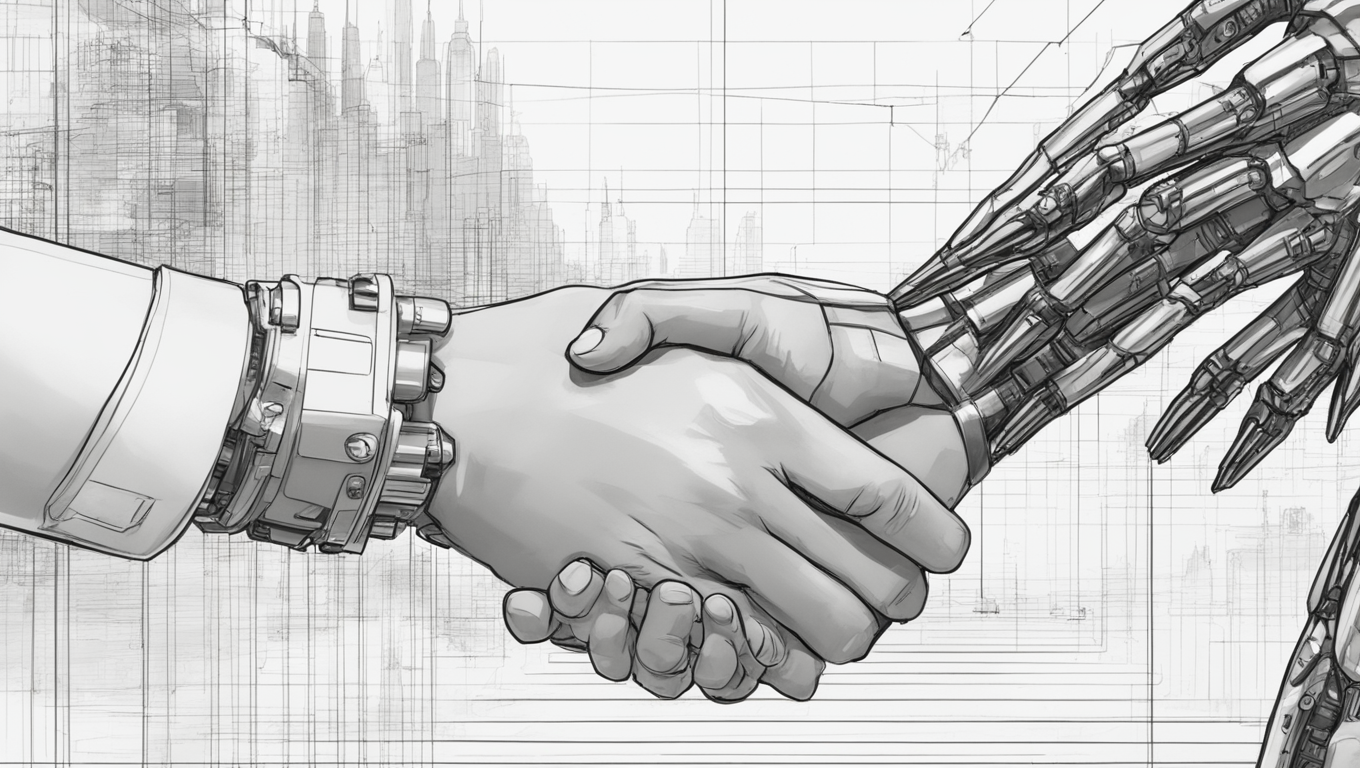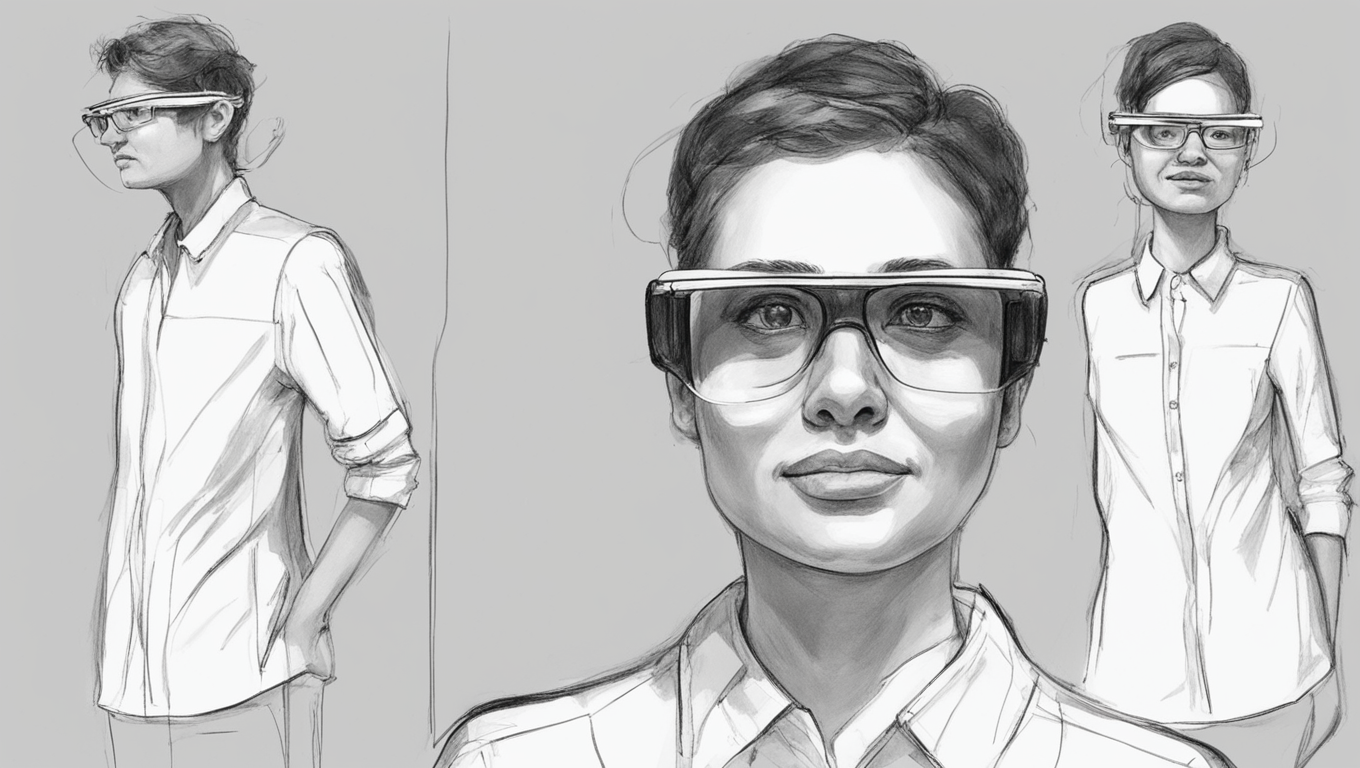Artificial intelligence (AI) has long been hailed as a revolutionary force that will reshape industries and drive economic growth. But as the integration of AI becomes more prevalent, concerns about its impact on jobs have started to surface. In a new analysis, the Institute for Public Policy Research has warned that as many as 8 million workers in the UK are at risk of losing their jobs to AI if current government policies are not adjusted.
The report reveals that AI already affects 11% of tasks performed by UK workers. However, this number could rise dramatically to nearly 60% if companies further incorporate AI technology into their operations. The jobs that are most at risk include part-time, entry-level, and back-office positions such as customer service roles. However, higher-paying jobs are not immune to this trend and will increasingly be affected as well.
These findings present a significant challenge for the UK government, which has been betting on AI to address the country’s productivity problem. Many companies across various industries have been utilizing AI to improve efficiency and streamline operations. In fact, the UK Chancellor of the Exchequer recently announced a £800-million ($1 billion) investment in technology and AI to enhance output in the public sector.
While AI offers numerous benefits, including increased productivity and the ability to automate repetitive tasks, it is clear that there are potential downsides. The loss of jobs to AI integration raises concerns about unemployment rates and the need for retraining and upskilling programs to support affected workers.
Speaking about the analysis, a key figure from the Institute for Public Policy Research warns, “The potential impact of AI on the job market cannot be underestimated. We must act now to ensure that workers are not left behind and that our society is prepared for the changes AI will bring.”
The UK government acknowledges the challenges posed by AI integration and has emphasized the need for a balanced approach. In response to the report, a government spokesperson states, “We recognize the importance of AI as a transformative technology, but we are committed to ensuring that the benefits are shared by all. We are investing in skills training and education programs to equip workers with the necessary tools for the future job market.”
As AI continues to advance and become more integrated into various industries, it will be crucial for governments and companies alike to find ways to mitigate the potential negative effects. This could include implementing policies that promote job creation in AI-related fields, supporting training programs for the affected workforce, and fostering collaboration between human workers and AI systems.
Ultimately, the full impact of AI on the job market is yet to be seen. However, it is clear that proactive measures need to be taken to ensure a smooth transition into the age of AI. As society moves forward, it is crucial to strike a balance between harnessing the benefits of AI while safeguarding the livelihoods of workers.





Use the share button below if you liked it.